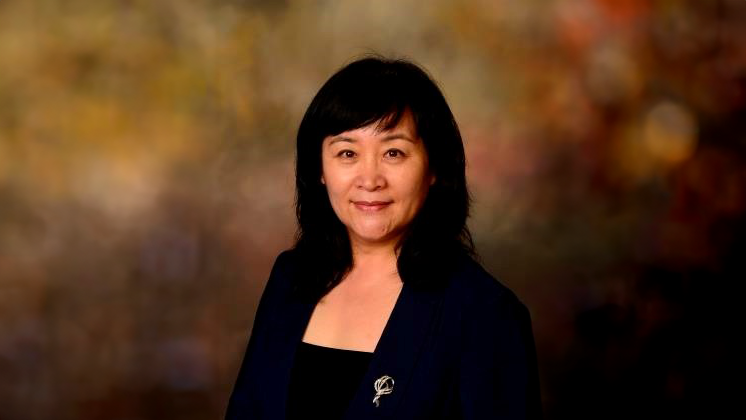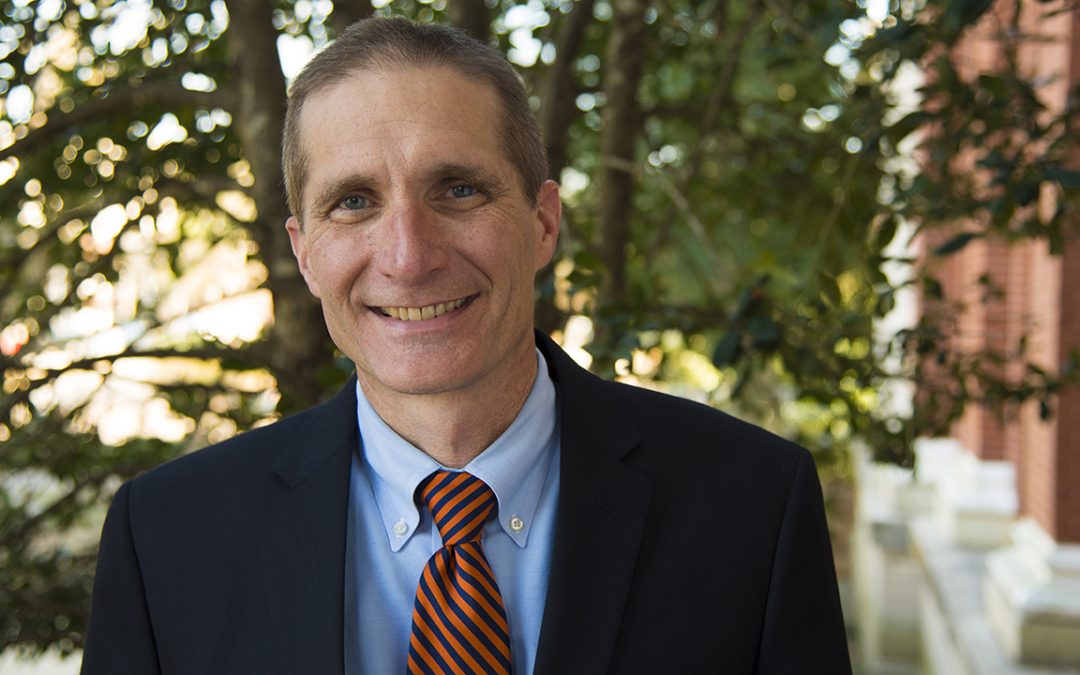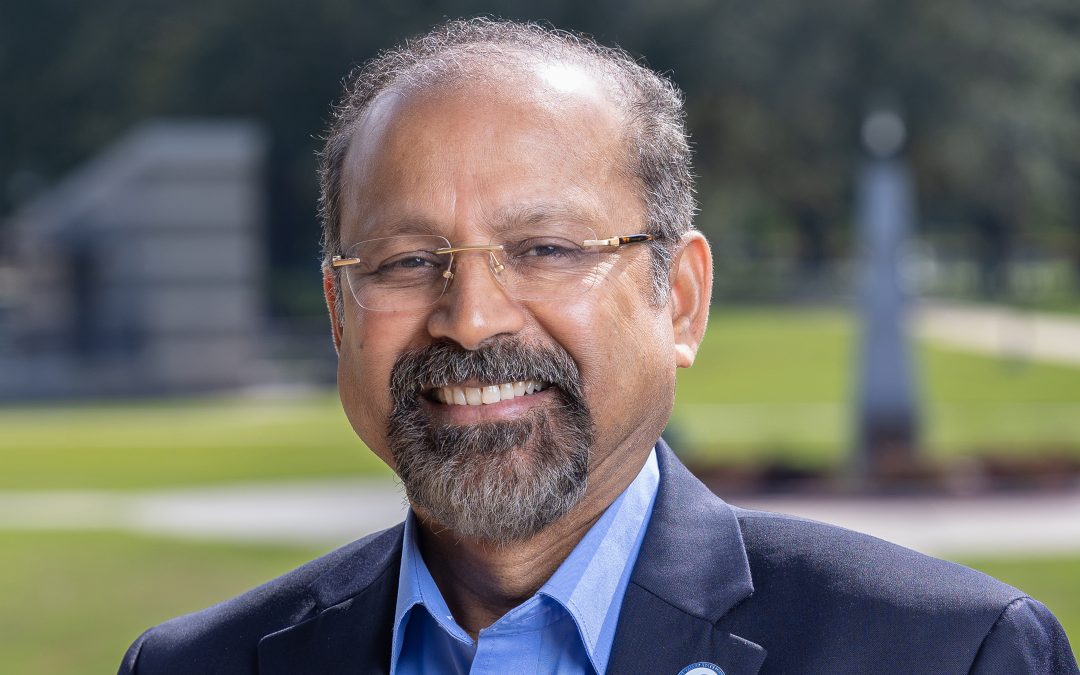jdh0123@auburn.edu,
3343190721
When it came to selecting a success story celebrating the growing role of women in their company’s leadership — and in STEM fields in general — Frito-Lay chose wisely.
The snack giant recently highlighted 2013 biosystems engineering graduate Katelyn Rheinlander’s meteoric rise with the PepsiCo subsidiary in a social media campaign tied to its parent company’s “She Is PepsiCo” initiative supporting women in manufacturing. Rheinlander, who serves on the executive committee for Auburn Engineering’s 100+ Women Strong organization, used the spotlight to promote her alma mater’s efforts to recruit, reward and retain women in engineering,
“It was an honor to be featured for that,” said Rheinlander — outdated job title notwithstanding.
Meet Katelyn Rheinlander and hear from her the importance of bringing women to STEM and STEAM fields to help build a better future for women in supply chain. #womeninstem #fritolay #quaker #supplychain pic.twitter.com/OsohW4Q3Z5
— Frito-Lay (@Fritolay) February 22, 2024
In the time between filming the video for the project and its release, the supply chain superstar was promoted yet again. After 10 years of redefining efficiency in various managerial positions at Frito-Lay’s Perry Plant in Warner Robins, Georgia, the largest Frito-Lay factory in North America, Rheinlander is now serving in a national role directly with PepsiCo as senior manager of its Employee Relations Center of Excellence.
There are good reasons for that. One of them? The first-of-its kind program Rheinlander spearheaded aimed at fostering retention in management coming out of Frito-Lay’s workforce. The processes she designed were adopted at plants across the country.
“Right now, I’m helping our warehouses at our satellite facilities and plants become more efficient, and supporting the supply chain,” Rheinlander said. “Leaving (Frito-Lay) was definitely a little bitter-sweet but I’m still solving problems day in and day out with some really incredible people. I’m still utilizing that engineering background I got at Auburn.
“I think that biosystems gave me the confidence to go do whatever I want to do. We talked about it sometimes as a jack-of-all-trades degree. We take classes in electrical. We take classes in coding, in agricultural and environmental and civil. Whatever you decide to do, you have the tool skillset and the capability to go do that.”
You can listen to Rheinlander discuss how Auburn Engineering prepared her for her career here.




